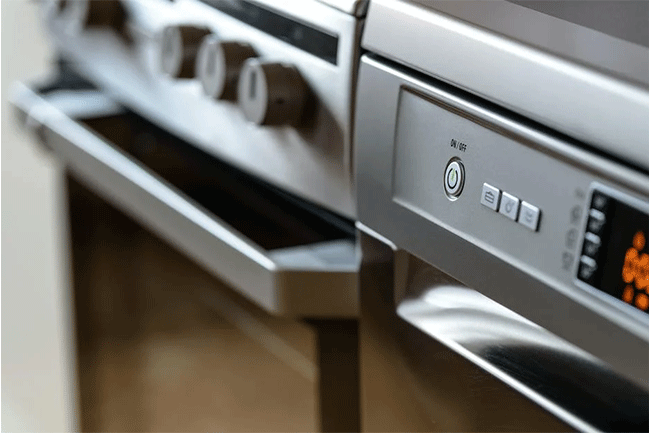As globalization advances, importsHome appliancesAs one of the major markets in Southeast Asia, Malaysia has also developed a series of legal and certification processes for this purpose.Product CertificationLegal basis and specific processes.

a) The legal context
Malaysia’s certification of household appliances is mainly based on two laws: the Power Supply Act (1990) and the Electrical Appliance Approval Regulation (1994). These two laws are enforced by the Energy Commission. The Power Supply Act focuses primarily on the safety and personal safety of electrical equipment, while the Electrical Appliance Approval Regulation (1994) specifies the safety and energy efficiency requirements that household appliances must meet.
b) The scope of products
According to the "Electrical Equipment Approval Regulations 1994", the products that need to be certified include a total of 34 categories of household appliances, such as electrical beam, hair care, skin care, and kitchen appliances.
c) Certification process
Certification of CoA
(1) The importer is first registered in the system.
(2) Submit the required information to the ePermit system and pay the application fee.
(3) ST conducted an evaluation of the information.
(4) After audit and payment of test fees, a CoA certificate is issued.
Imported goods must be supplemented by the relevant test reports or the Sirim product certification certificate.
The final product must be labeled with the SIRIM-ST label and the EE energy efficiency label.
Note: All types of reports submitted must be issued by designated laboratories, otherwise they will not be accepted.
Certification of Sirim products
(1) Submit an application for certification, which includes relevant information and documents.
(2) The audit of information.
(3) Factory examination factory and product samples.
(4) If all audits are passed and all costs are paid, a product certification license will be issued.
Note: A CoA certificate must be obtained before applying for the Sirim certification.


 Follow customer service WeChat
Follow customer service WeChat